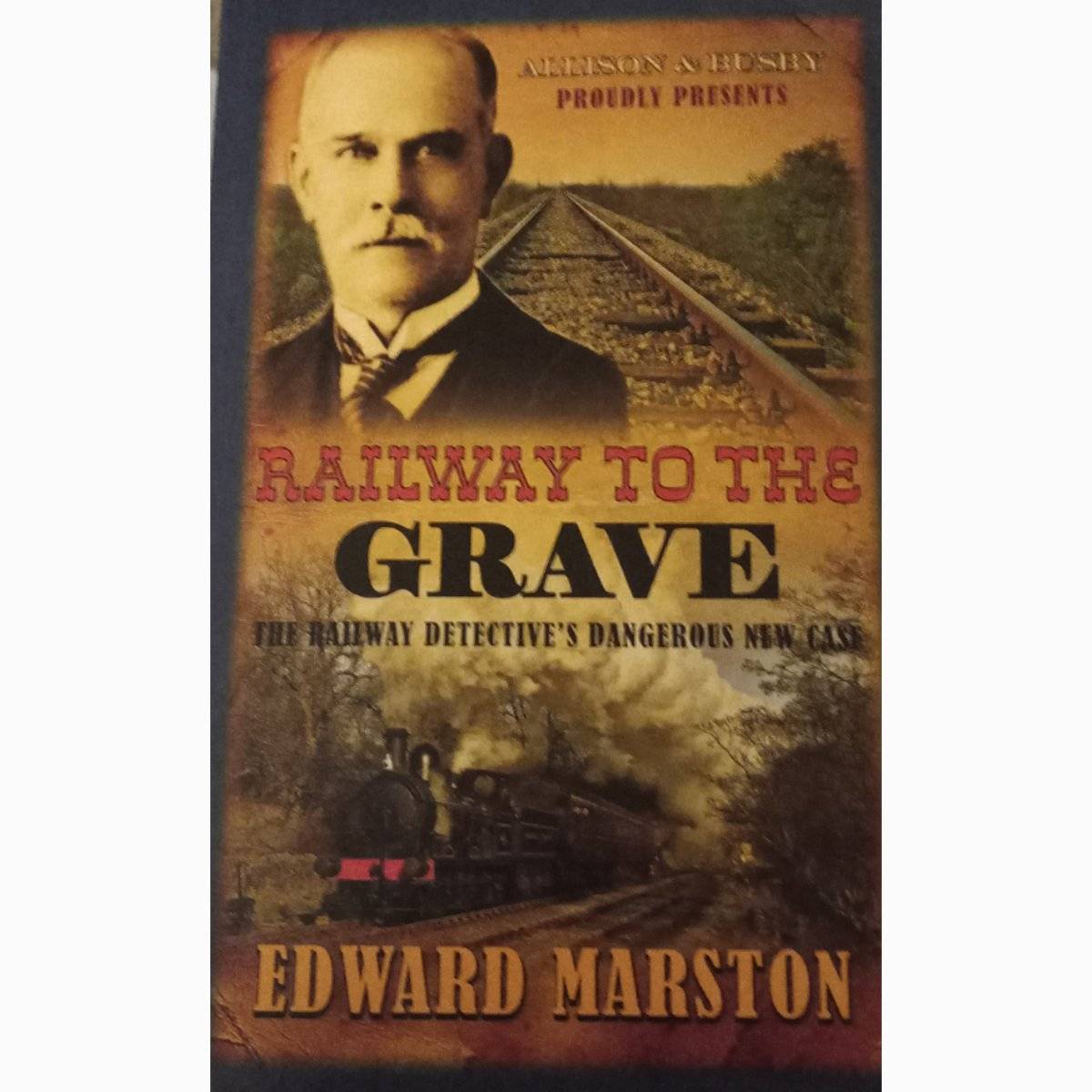
While there were no train crashes in this novel someone did get killed by one. Apart from the journeys taken by the Detective and his Sergeant the crimes to be investigated in this story took place away from the railway. The investigation itself made an interesting read and with an abundance of prime suspects it was quite difficult to ascertain who was responsible until the very end. Another good case for Edward Marston's Railway detective.
16 likes


















